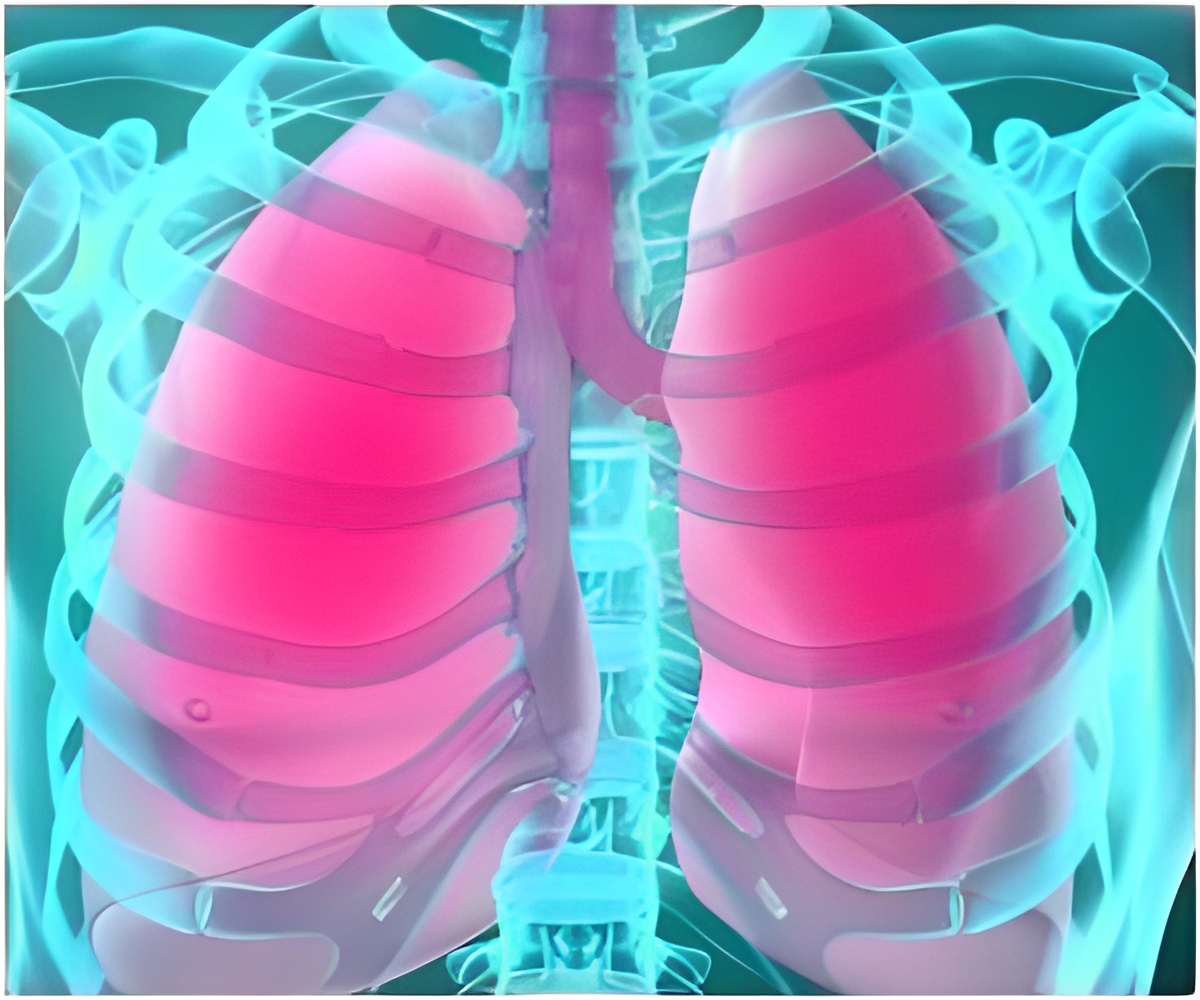
He presented findings on potential gene mutations and pathway alterations that could lead to lung cancer in never-smokers at the AACR-IASLC Joint Conference on Molecular Origins of Lung Cancer: Biology, Therapy and Personalized Medicine, held Jan. 8-11, 2012.
"This is the starting point. We certainly have a lot of pathways and gene expression alterations that we''re going to be very interested in confirming and looking at in larger cohorts of patients," Whitsett said. "This is a very important subset of patients with lung cancer, and our research looks to identify pathways and genes that are potentially driving this form of cancer."
Whitsett and his colleagues looked at three female patients with adenocarcinoma: one never-smoker with early-stage disease, one never-smoker with late-stage disease, and, as a comparison, one smoker with early-stage disease. The team performed whole genome sequencing (WGS) and whole transcriptome sequencing (WTS) on each patient to identify gene mutations and pathway alterations that could have led to the development and progression of their specific lung cancers.
"In the never-smoker with early-stage cancer, there were very few mutations in the genome, but when we looked at the whole transcriptome, we saw differences in gene expression," said Whitsett.
In the never-smoker with late-stage disease, the researchers found mutations in what Whitsett called "classic tumor-suppressor genes." He and his colleagues hypothesized that mutations of the tumor-suppressor genes might be a factor in late-stage lung cancer in never-smokers.
Advertisement
Whitsett said that using WGS and WTS to identify cancer origins "has become a way to really dive down into an individual tumor to try to understand the pathways that may be driving that tumor and identify what therapeutic interventions may be possible."
Advertisement
Source-Newswise













